Defense Secretary Leon E. Panetta said Thursday that the U.S. didn’t send troops to defend the consulate in Benghazi from a terrorist assault last month because the intelligence was too sketchy.
The details emerged as House Speaker John A. Boehner, Ohio Republican, demanded that President Obama explain why his administration failed to heed security warnings ahead of the Sept. 11 attack in Libya, and why it has struggled to explain the matter in the weeks since.
In a letter to Mr. Obama, Mr. Boehner told the president that he must answer questions including why it took the administration two weeks to acknowledge that the assault was a terrorist attack rather than a spontaneous protest against an anti-Islamic video.
“Our country will not be able to move on from the tragedy of September 11, 2012 until the public better understands the answers,” Mr. Boehner wrote.
His letter puts him at the head of a fight that his party’s presidential nominee, Mitt Romney, has shied away from. At Monday’s foreign policy debate, Mr. Romney didn’t raise any questions about the White House’s handling of Benghazi, and instead repeatedly praised Mr. Obama’s decision-making.
But House Republicans have pushed the issue, including using their control of the House oversight committee to release internal administration emails that indicate some in the administration should have been quicker to identify the attack, which killed Ambassador J. Christopher Stevens and three other Americans, as a terrorist action.
At the Pentagon, Gen. Martin E. Dempsey, chairman of the Joint Chiefs of Staff, pleaded Thursday for time for reviewers at the Defense and State departments to finish their work.
“It’s not helpful, in my view, to provide partial answers,” he said.
Mr. Panetta decried “a lot of Monday-morning quarterbacking” in the questions his department has faced about why it didn’t send help in the middle of an hours-long assault on the U.S. Consulate.
Mr. Panetta said the military had forces positioned to respond, but the situation was too uncertain to send them in.
“The basic principle is that you don’t deploy forces into harm’s way without knowing what’s going on, without having some real-time information about what’s taking place,” he said. “It was really over before, you know, we had the opportunity to really know what was happening.”
A defense official told The Washington Times that an elite commando team called the Commander’s In-Extremis Force had been deployed to a U.S. air base in Sicily, about an hour’s flight from Benghazi, “within hours” of the start of the attack.
The assault, by dozens of heavily armed extremists supported by mortar fire and rocket-propelled grenades, unfolded in two stages over about seven hours.
“The attack was over before any forces were in position,” said the official, who was authorized to speak only on the condition of anonymity.
But the official added that diplomatic concerns also were at play, saying Libya is “a sovereign nation, a sovereign government. That was a consideration.”
The new details mark the most information yet from an administration that has struggled to explain its decision-making before, during and after the attack.
While Mr. Obama made a single reference to terrorism in general in his comments from the White House Rose Garden on Sept. 12, the day after the attack, his administration pinned blame for the assault on a backlash to the video mocking Islam. The White House has said it was reflecting what the intelligence community had indicated and wasn’t trying to mislead the public.
Mr. Boehner, though, said there are inconsistencies between what the administration said in the weeks after the attack and what it appears to have known based on internal emails that were obtained and released by the oversight committee.
“No one in your administration can substitute for your authority and voice to explain to the American people the strategy and policies you directed during and in the aftermath of the terrorist attack,” the speaker wrote.
The White House didn’t respond to a request for comment, but Rep. Elijah E. Cummings of Maryland, the ranking Democrat on the oversight committee, said Republicans have distorted their investigation and misconstrued the significance of some of the emails they have obtained.
“It’s time to stop shamelessly politicizing this tragedy and let the independent investigation complete its work without interference,” he said.
Some Democrats have questioned Mr. Obama’s handling of the Libyan attack, but they have tried to avoid letting it damage his political prospects ahead of the Nov. 6 election.
The Senate Select Committee on Intelligence, led by Sen. Dianne Feinstein, California Democrat, has announced that it will hold hearings to try to get to the bottom of the situation — though they won’t begin until mid-November, or after the election.
That drew criticism from Senate Republicans.
“The truth is this hearing should have been held weeks ago,” said Sen. Marco Rubio, Florida Republican. “By the time it takes place, two full months will have passed since the Sept. 11 terrorist attack on our consulate in Libya. That’s way too long for the Senate to ask the important questions that have been building up.”
Meanwhile, Charles Woods, the father of one of the former Navy SEALs killed in the attack, called into the Lars Larson radio show this week to say he is still waiting for answers about what the White House knew.
He also said he wasn’t satisfied with the president’s apology when they met at Andrews Air Force Base, where the four bodies were returned to the U.S.
“It was not a sincere ’I’m really sorry that your son died.’ But it was a totally insincere — more of a whining type — ’I’m sorry.’ And it was like just shaking hands with a dead fish,” he said. “It just didn’t feel right.”
• Stephen Dinan can be reached at sdinan@washingtontimes.com.
• Shaun Waterman can be reached at swaterman@washingtontimes.com.



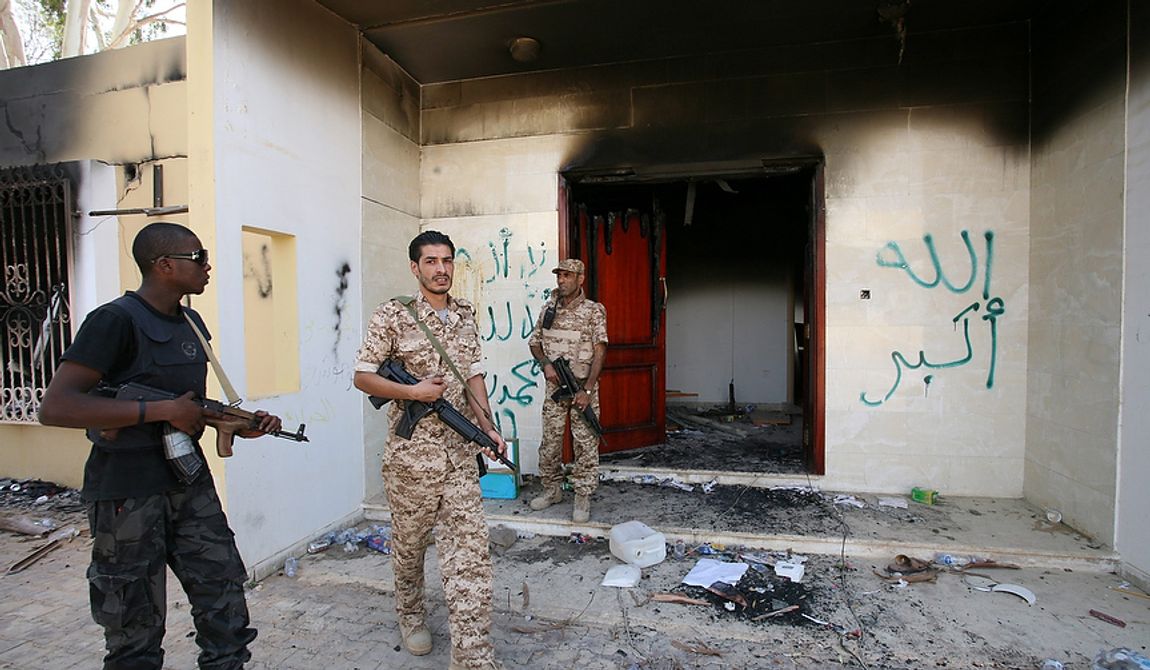
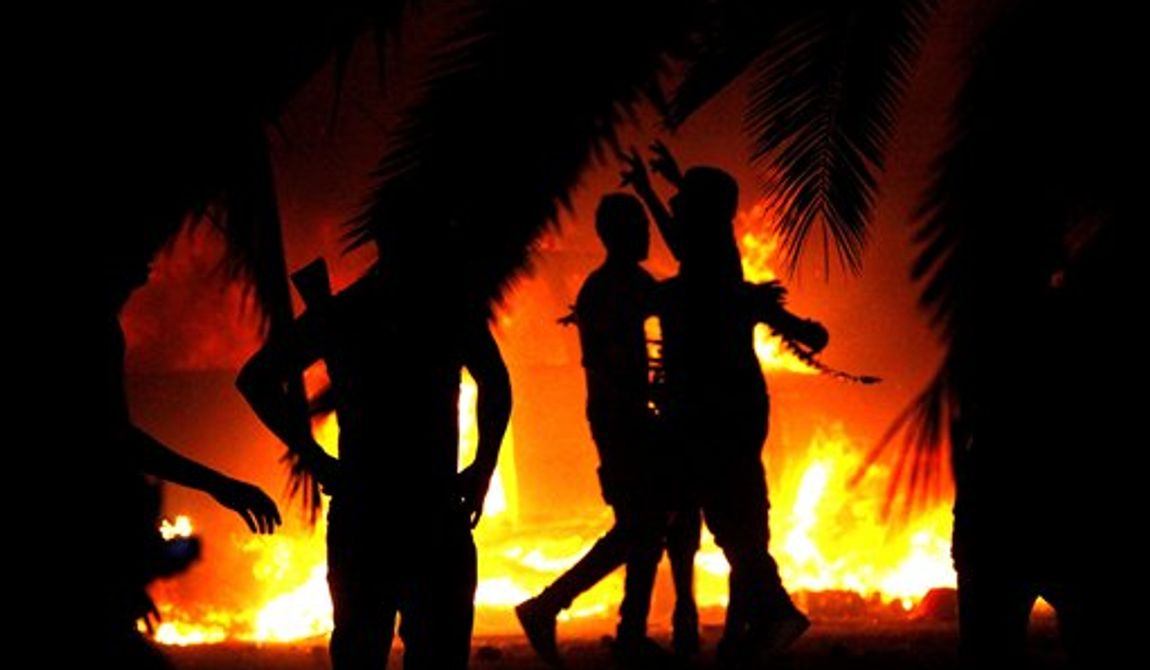
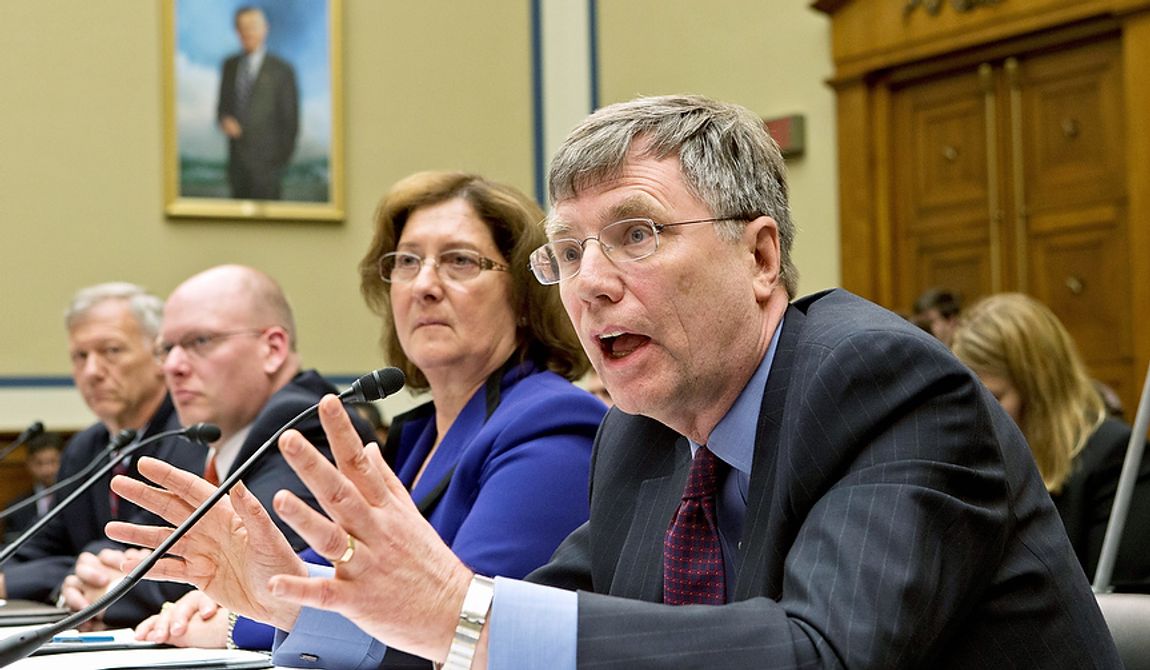
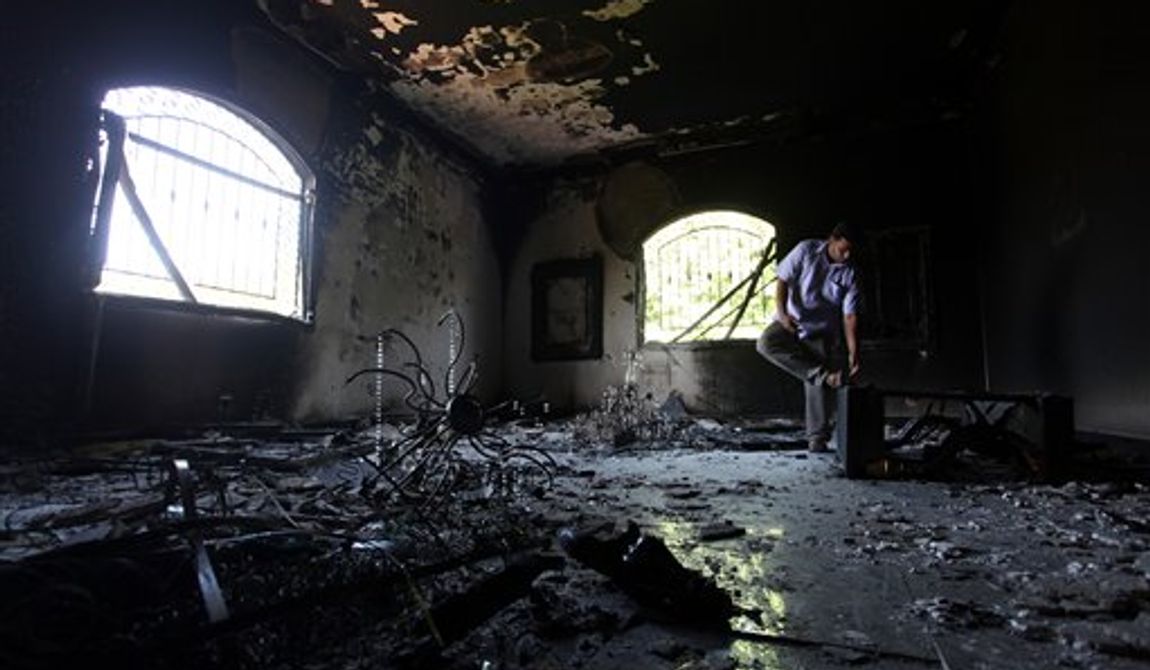
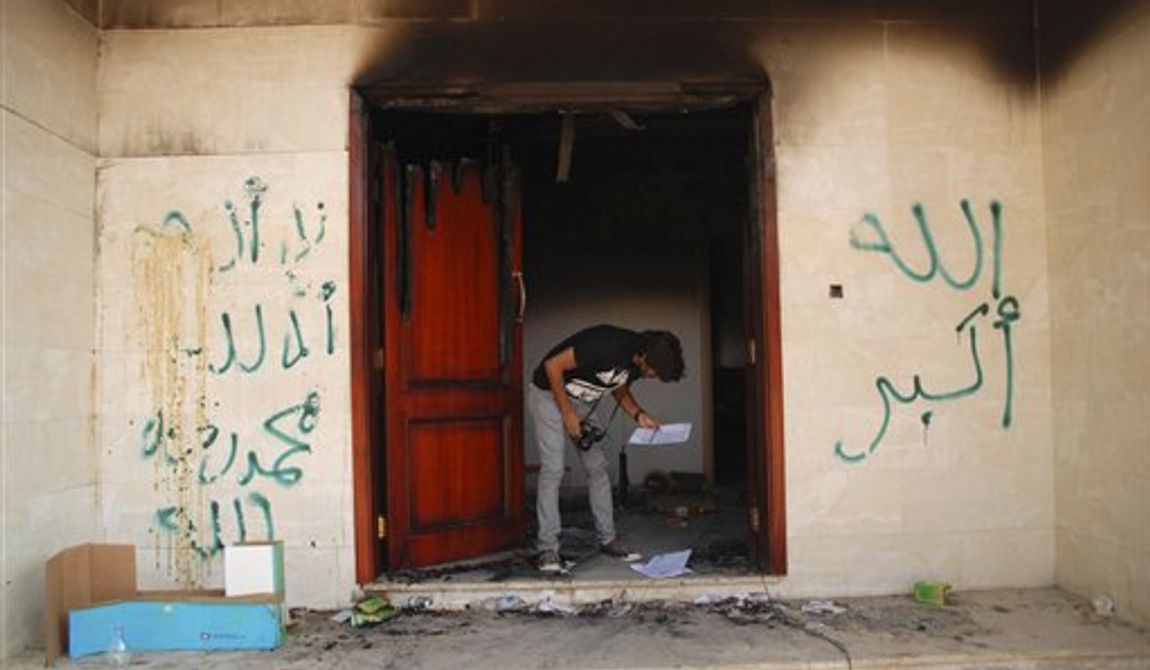
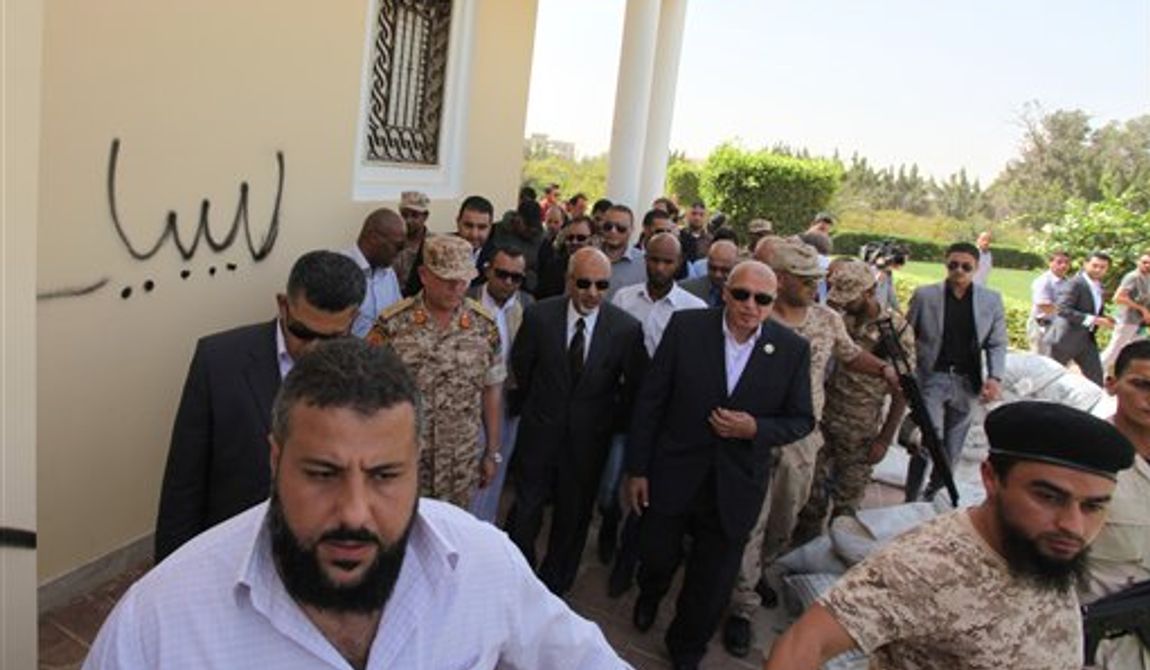
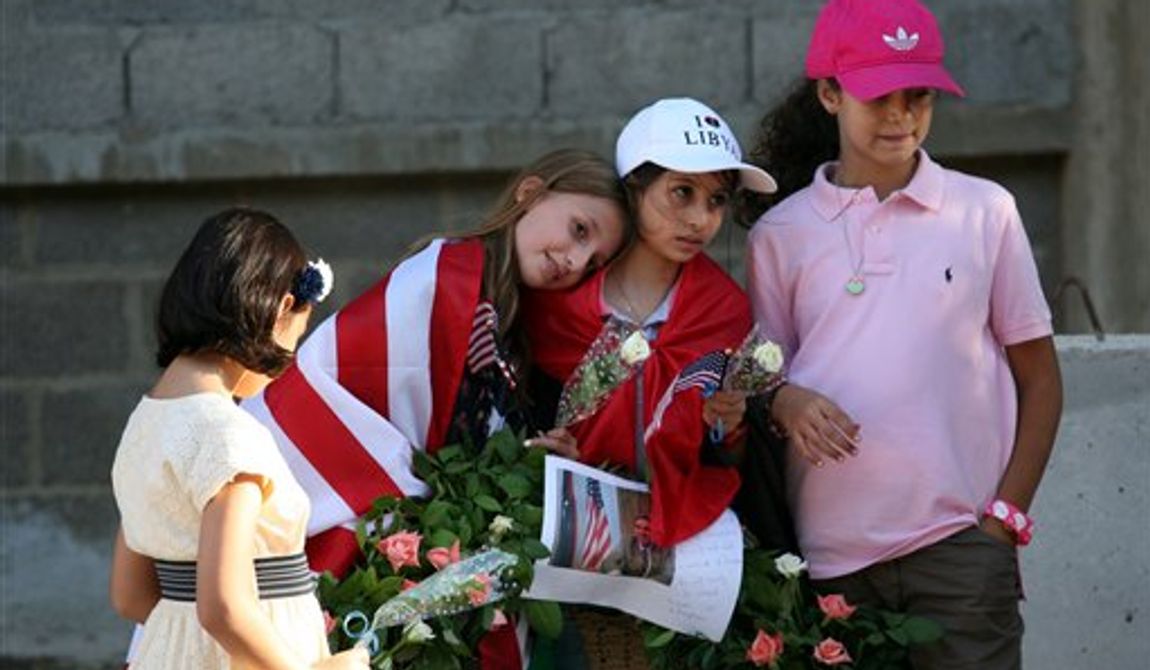
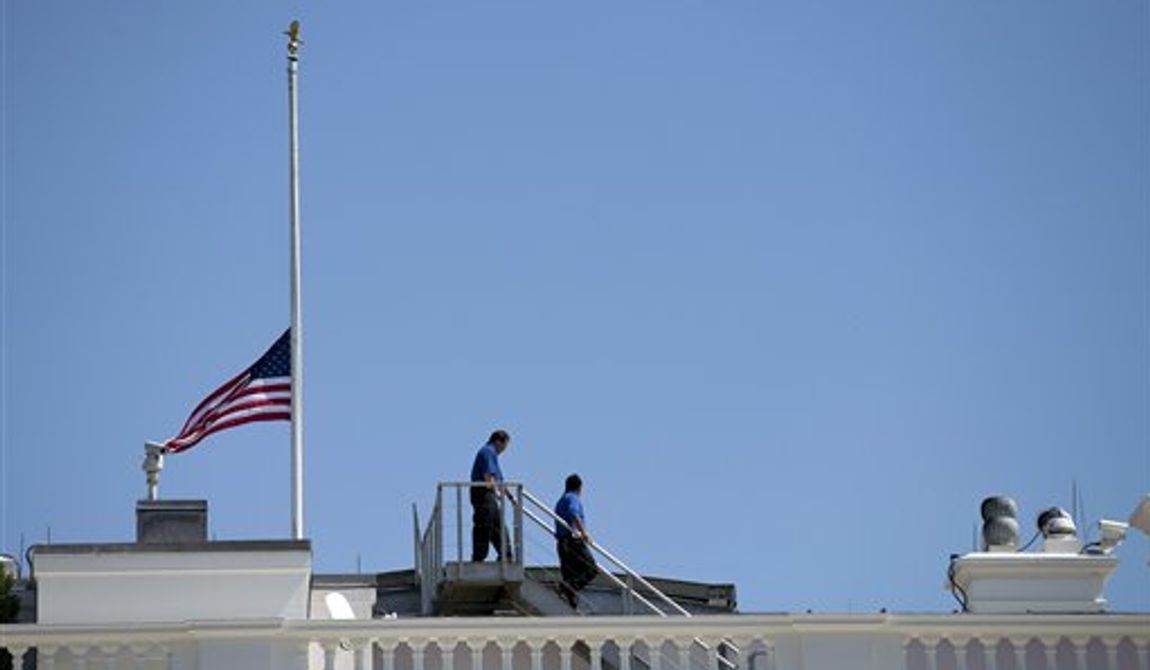
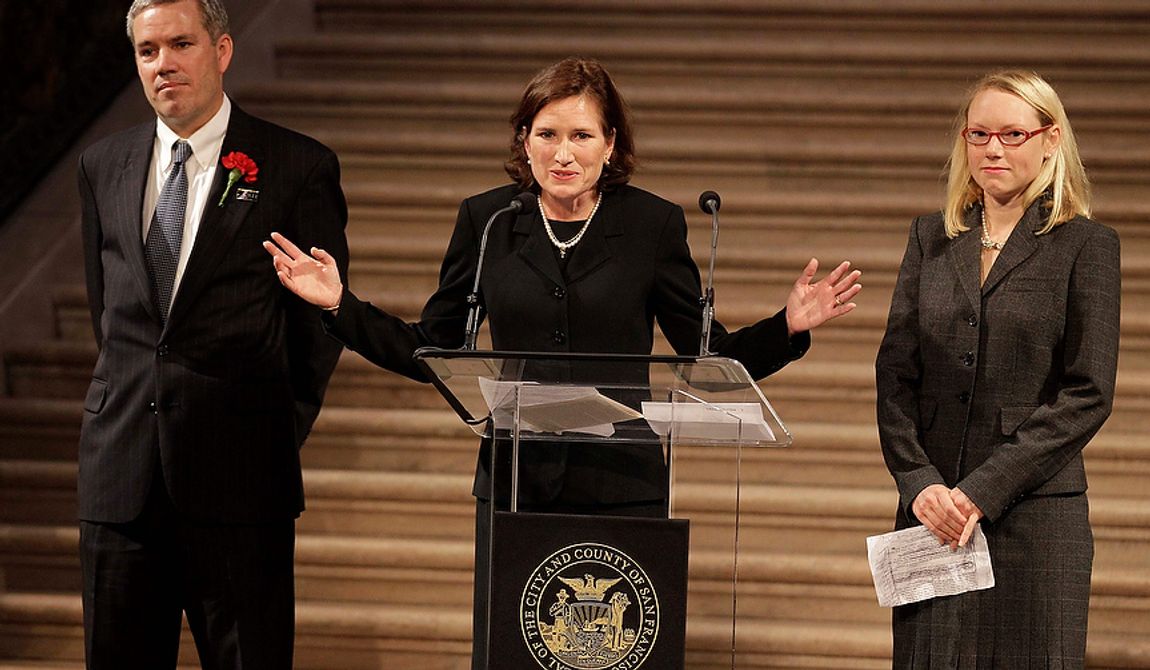
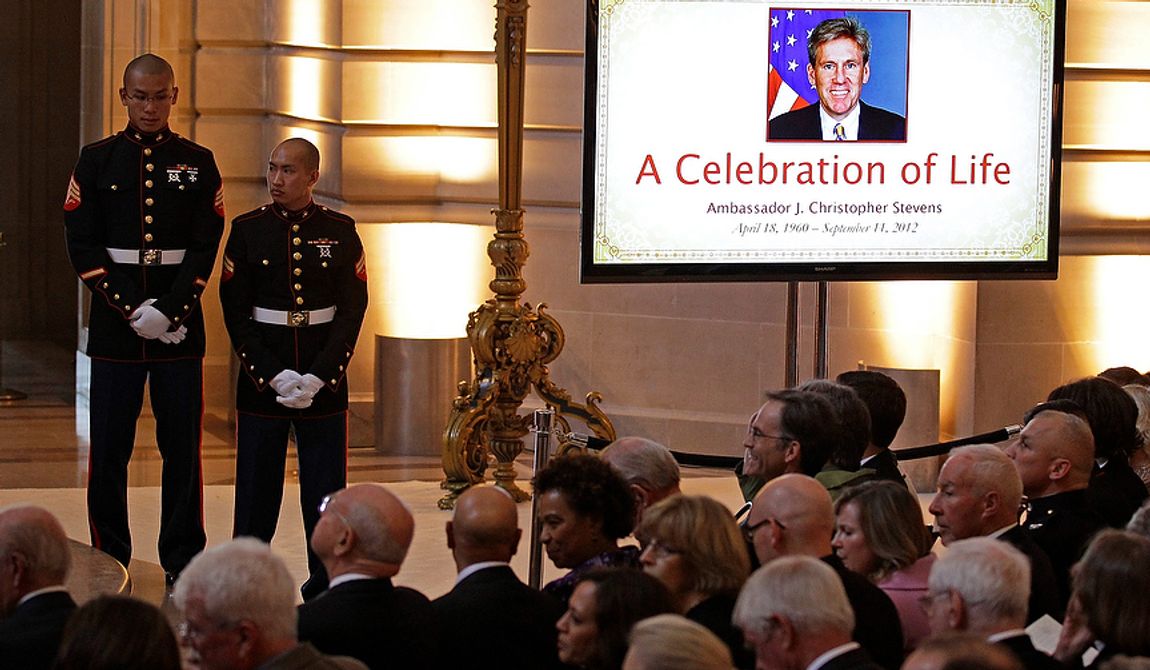

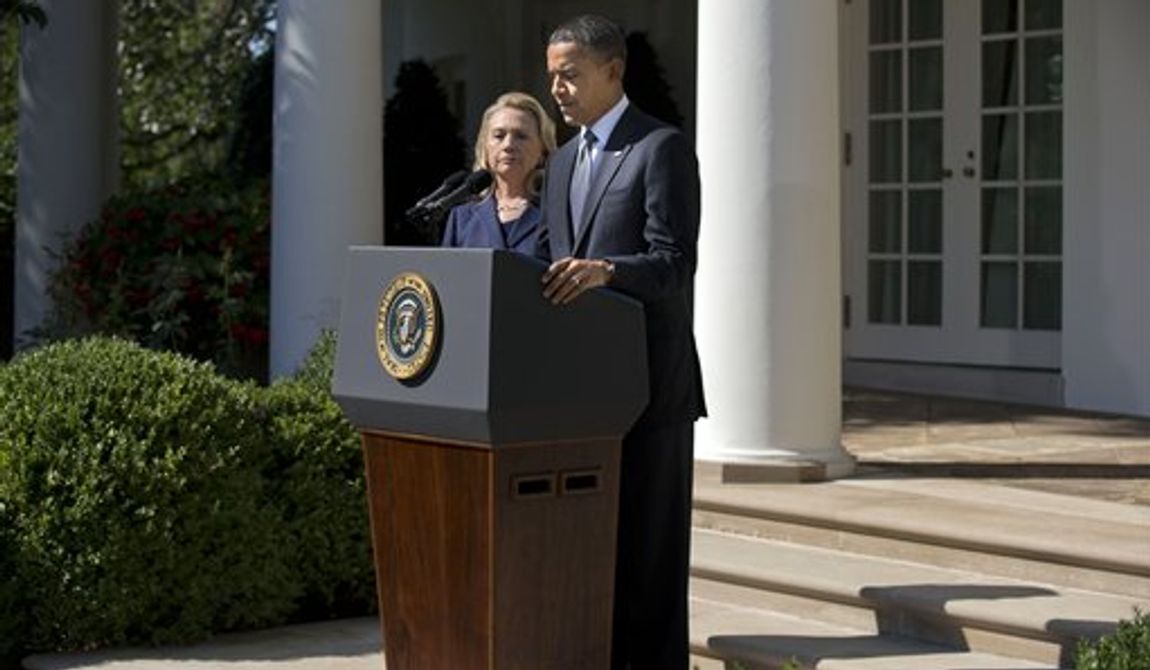
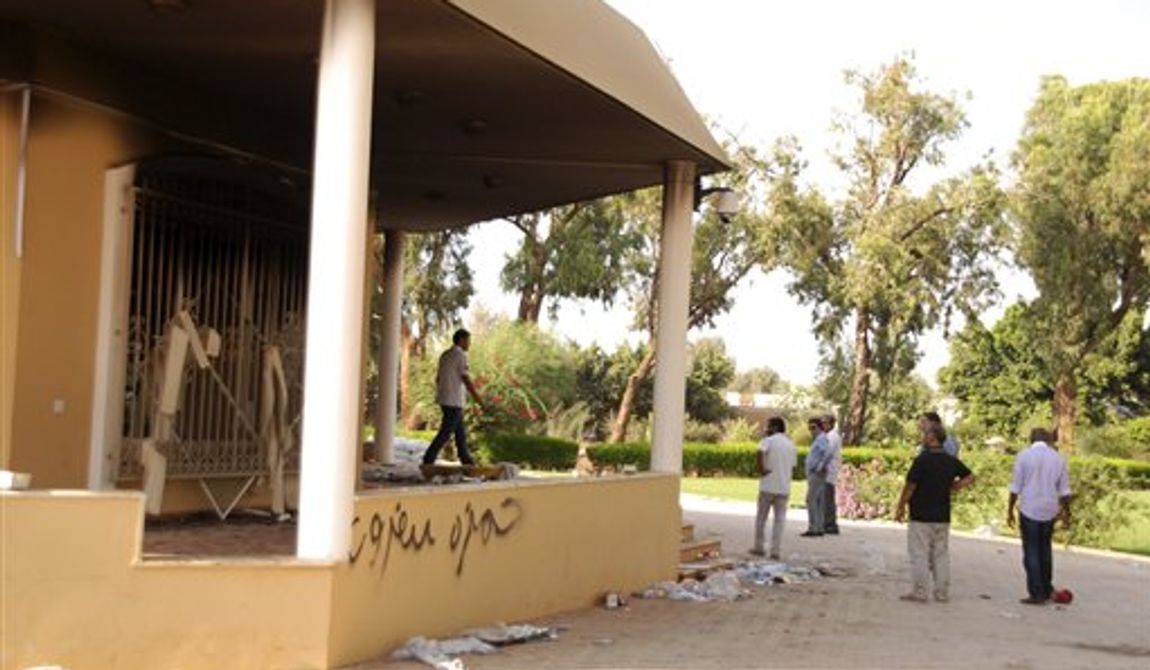
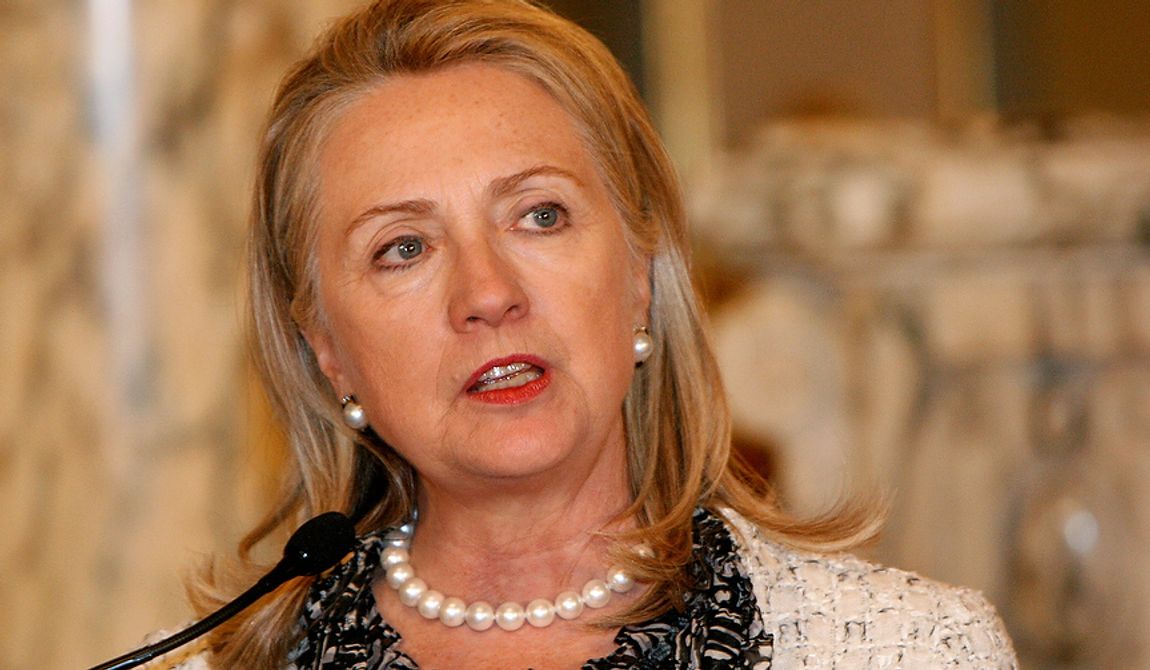
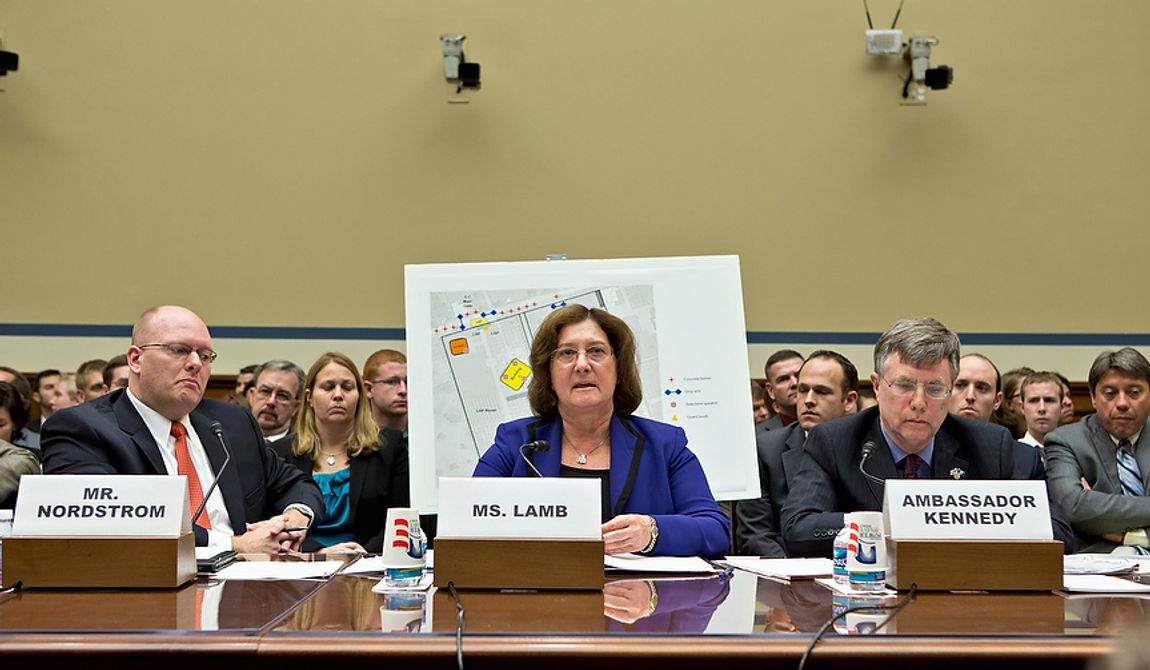
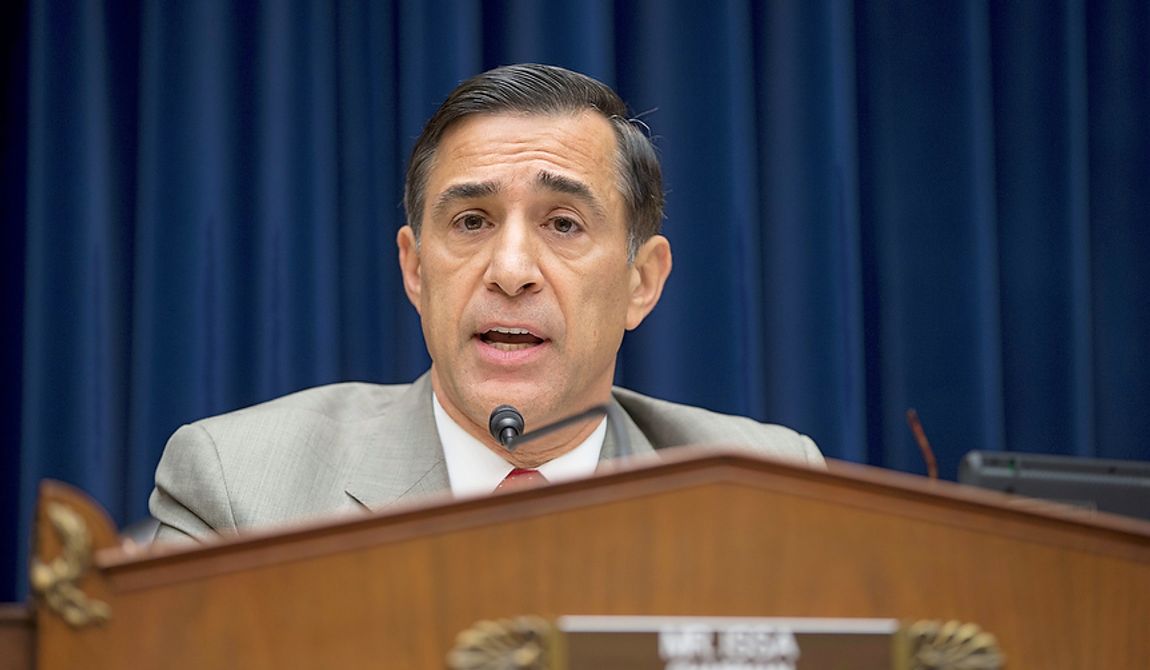
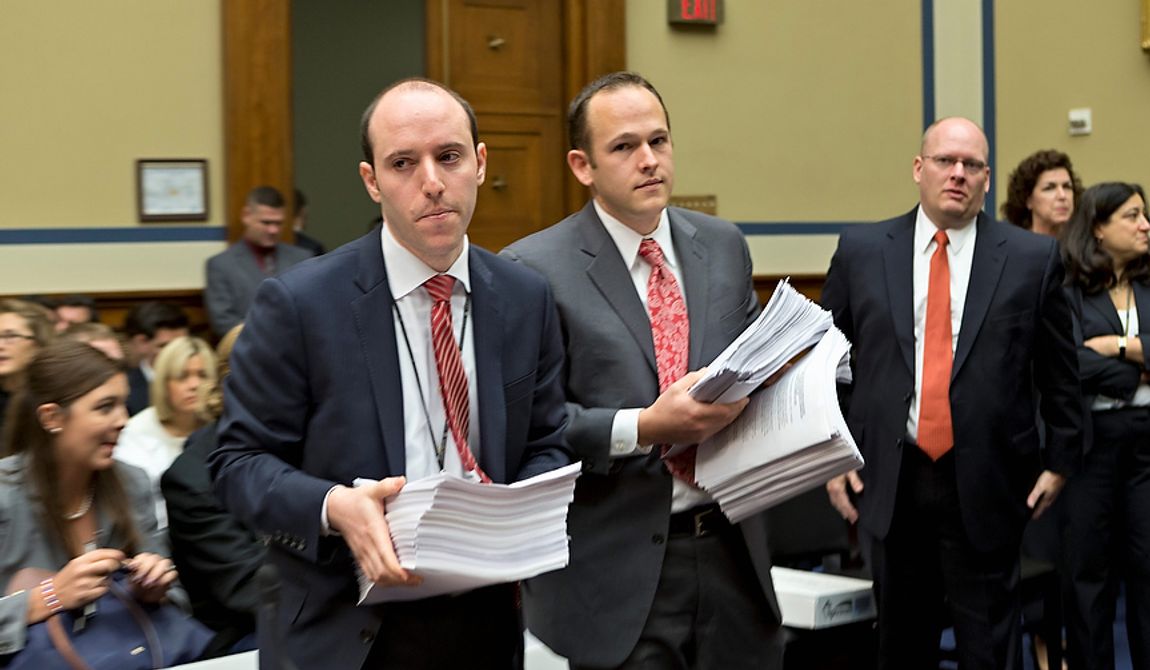
Please read our comment policy before commenting.